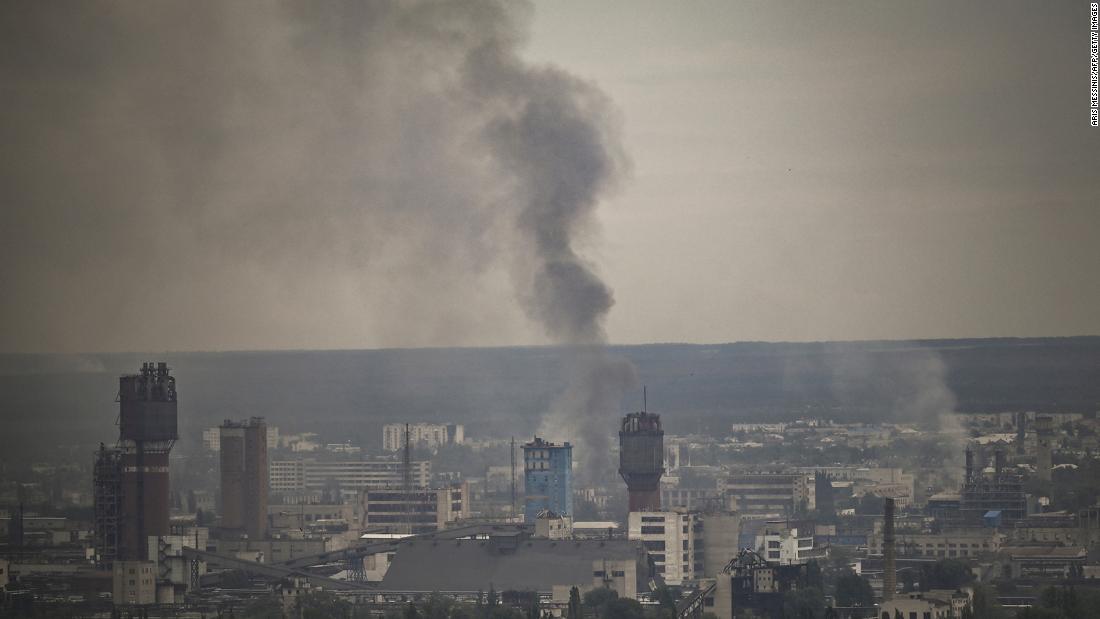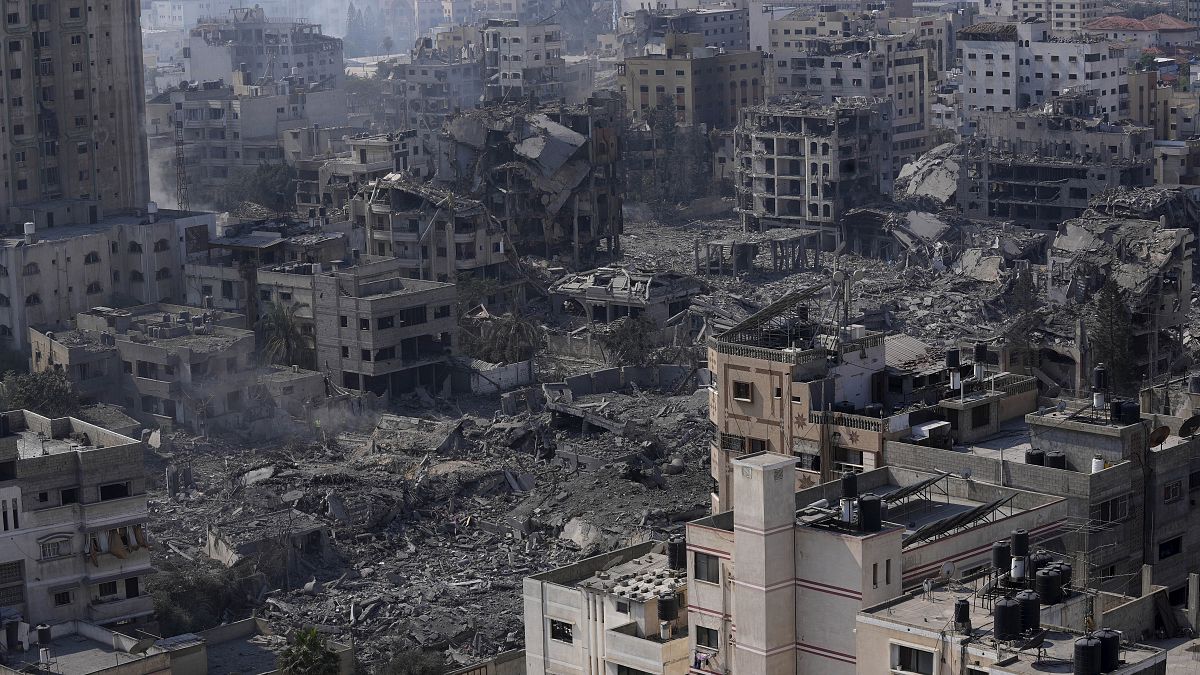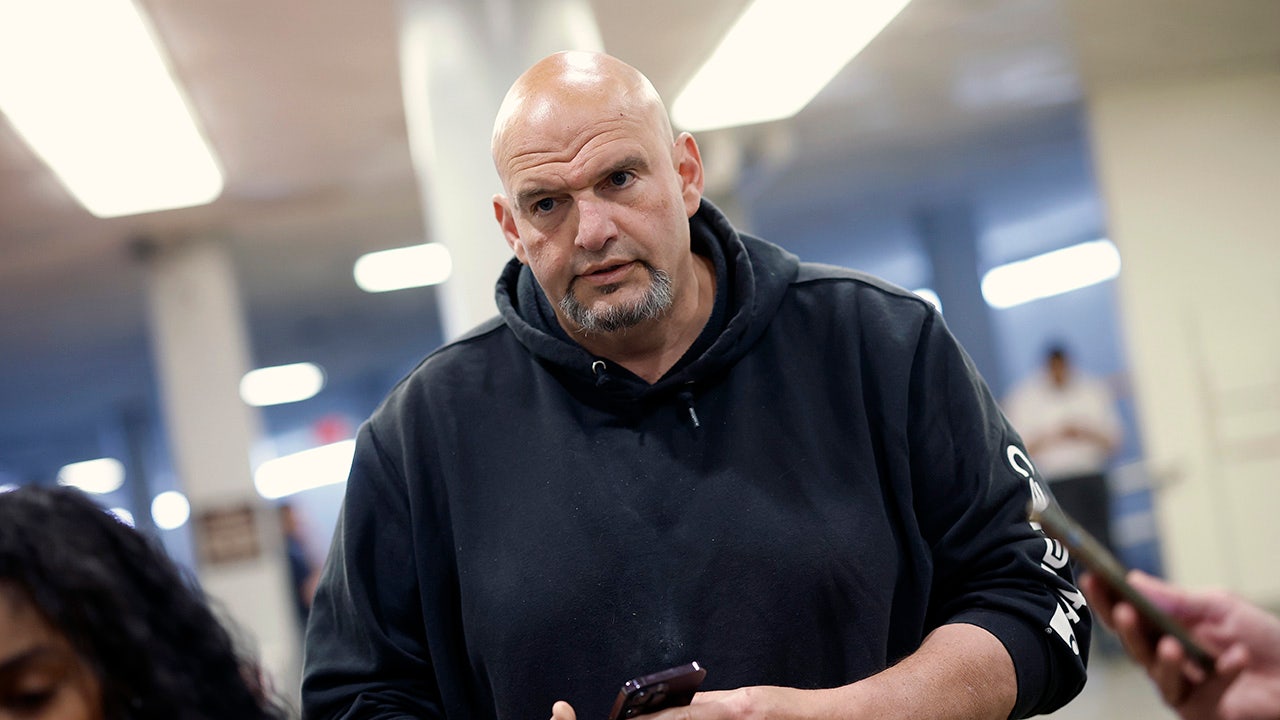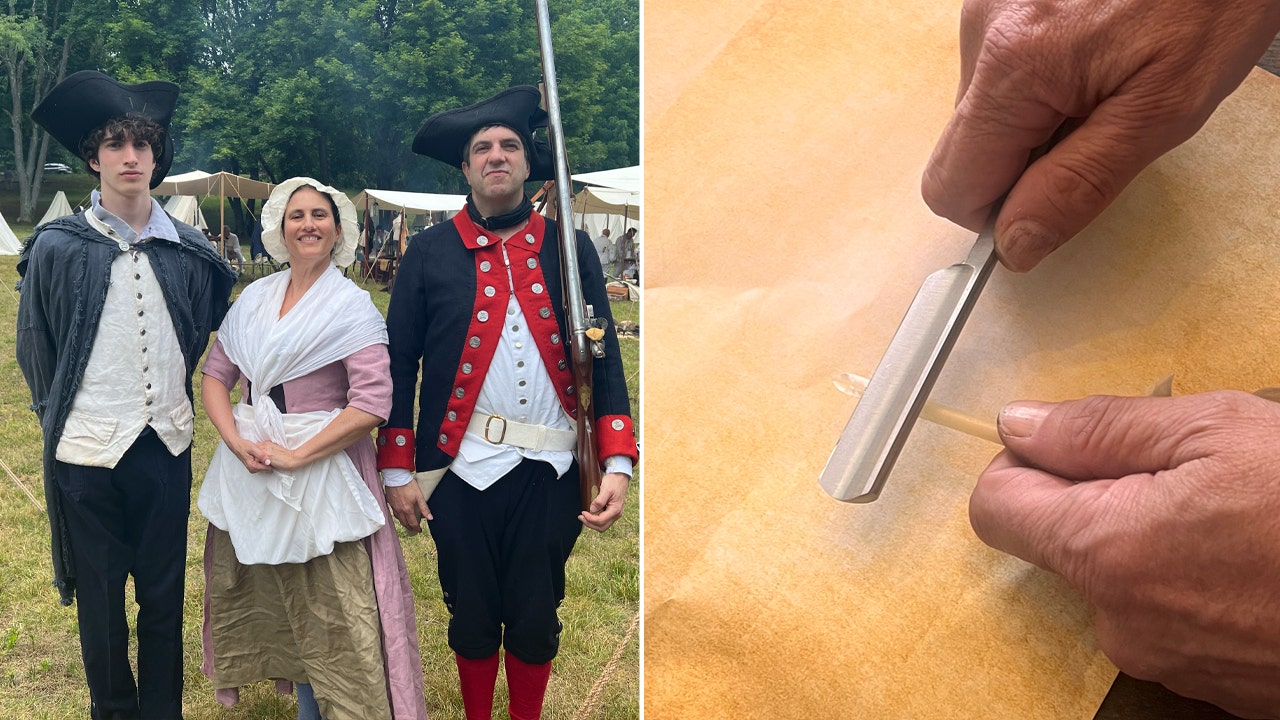This article is an on-site version of our The Week Ahead newsletter. Subscribers can sign up here to get the newsletter delivered every Sunday. Explore all of our newsletters here
Hello and welcome to the working week.
It is going to be a difficult start to the next seven days for many as Israel marks the first anniversary of the Hamas attacks when more than 1,200 people were killed and 251 people were taken hostage. Benjamin Netanyahu’s government and military leaders hit back and the conflict has escalated over the past 12 months.
But on Monday, people will stop to remember. Thousands of Israelis are expected to pay their respects at the Nova Music Festival memorial, the location of a rave where Hamas killed 364 and kidnapped 44 partygoers and staff a year ago. Others will travel to Hostages Square in Tel Aviv, where families and supporters have campaigned for the release of those taken. Memorials will be held in various communities that lost neighbours and relatives in the attacks, notably Kibbutz Be’eri, where more than 100 people were killed and 32 taken hostage.
On a more uplifting track, this week will bring rolling announcements on the winners of this year’s six Nobel Prizes. Given the war in the Middle East and beyond, interest in the Peace Prize, announced on Friday, is likely to be high.
The corporate world takes up a lot of the news diary slack this week as we find ourselves deep in the earnings season. The big moment will be the Wall Street banks, which begin reporting on Friday. I’m not sure they will be mentioning this, but I’d recommend reading the excellent analysis of the rise of secretive trading firms such as Jane Street and Citadel Securities by US banking editor Joshua Franklin.
And then there is the long-awaited Robotaxi launch event by Tesla in Los Angeles on Thursday. What will they cost? When will they be ready to hit the streets? And does this mean Tesla owners can list their cars to be used for ride-hailing? All important questions.
Economic data is on the thin side this week, with US and German inflation figures and a UK monthly GDP estimate about the best of it. More details below.
One more thing . . .
The matter of Parkrun is also a cause of division, but thank you to everyone who got in contact about it to share your passion for getting your running shoes on or about other group outdoor pursuits. Saturday will bring an outdoor event I could get into: The Peckham Conker Championships. Organisers are promising a 22-carat golden conker — I think it may be spray painted — but it does sound fun.
I’m interested in your priorities for the week ahead. Drop me a line at jonathan.moules@ft.com or, if you are reading this from your inbox, hit reply. And have a good week.
Key economic and company reports
Here is a more complete list of what to expect in terms of company reports and economic data this week.
Monday
-
Germany: August manufacturing, new orders and sales index
-
UK: Halifax House Price Index
-
Results: Ferrexpo Q3 production report, Grainger trading statement, Repsol trading statement, Shell Q3 quarterly update
Tuesday
-
October Prime Day, a global ecommerce shopping event by Amazon, offering deals to its Prime members in 19 countries
-
Germany: August industrial production index
-
UK: British Retail Consortium-KPMG Retail Sales Monitor
-
Results: Imperial Brands pre-close trading update, OMV Q3 trading update, PepsiCo Q3, S&U HY, Unite Group trading update, XP Power Q3 trading update
Wednesday
-
Witan Investment Trust hold a second general meeting of shareholders to vote on the proposed winding-up of the company and combination with Alliance Trust. If approved, the deal is expected to complete shortly after the meeting by means of a voluntary liquidation of the company and combination of the two companies to create Alliance Witan
-
US: Federal Open Market Committee meeting minutes published
-
Results: CMC Markets HY pre-close trading update, Marston’s trading update
Thursday
-
Tesla due to unveil its Robotaxi, a launch event postponed, according to post on X (formerly Twitter) by chief executive Elon Musk, because of a design change
-
UK: Royal Institution of Chartered Surveyors Residential Market Survey
-
US: September consumer price index (CPI) inflation rate data
-
Results: Delta Air Lines Q3, Domino’s Pizza Q3, Fast Retailing FY, Liontrust Asset Management HY trading update, Seven & i Holdings Q2, Tata Consultancy Services Q2, Treatt FY trading update, Volution Group FY
Friday
-
Germany: final September CPI and Harmonized Consumer Price Index inflation rate measures
-
UK: August GDP estimate
-
US: September producer price index (PPI) inflation rate data. Plus, University of Michigan consumer sentiment index
-
Results: Bank of New York Mellon Q3, BlackRock Q3, Hays Q1 trading update, JPMorgan Chase Q3, Jupiter Fund Management Q3 trading update, Wells Fargo Q3
World events
Finally, here is a rundown of other events and milestones this week.
Monday
-
Israel: first anniversary of the Hamas attacks on Israel that caused more than 1,200 deaths with hundreds taken hostage
-
Laos: Asean Business and Investment Summit bringing together more than 1,000 CEOs and senior executives with world leaders begins, running alongside the Asean Summit
-
Philippines: South Korean President Yoon Suk Yeol meets President Ferdinand Marcos Jr for bilateral talks in Manila. The two are expected to sign an agreement and issue joint statements after the meeting
-
Sweden: Nobel Prize in Physiology or Medicine announced, the first of several science prizes that will be given out over the coming todays. Tomorrow is physics, followed by chemistry on Wednesday
Tuesday
-
Luxembourg: Economic and Financial Affairs Council (Ecofin) meeting of EU finance ministers.
-
UK: Alexander Darwall and his wife Diana Darwall bring an appeal against the decision of the UK Court of Appeal that the Dartmoor National Park Authority can allow wild camping in the national park. The Darwalls own the 4,000-acre Blachford Estate in Dartmoor and previously won a High Court case ruling that there was no right to wild camp on Dartmoor without the landowner’s permission. The Court of Appeal overturned that decision
-
US: Republican presidential nominee Donald Trump participates in a town hall presented by Spanish-language network Univision
Wednesday
-
150th anniversary of the Universal Postal Union under the Treaty of Bern, which unified a complex maze of postal services and regulations into a single postal territory and allowed for the growth of global post deliveries
-
Mozambique: presidential and parliamentary elections
-
UK: Conservative MPs start voting to determine the final two candidates vying to become the party’s next leader, after Rishi Sunak announced his resignation in the wake of the party’s heavy general election defeat. The outcome is announced tomorrow. Party members will then vote on these two options
Thursday
-
World Mental Health Day, raising public awareness about mental health issues
-
Sweden: Nobel Prize for Literature announced
-
UK: Unleashed, a memoir of former prime minister Boris Johnson, is published. The pre-publication publicity promises revelations on campaigning for Brexit, how he nearly died from Covid-19, bikes, buses and the London Olympics
-
US: President Joe Biden begins trip to Germany and Angola
-
US: Democratic presidential nominee Kamala Harris participates in a town hall presented by Spanish-language network Univision
Friday
-
Greece: government due to present a revised national climate plan, with more ambitious targets for the share of renewable power in its electricity mix and lower carbon emissions
-
Sweden: Nobel Peace Prize winner announced
Saturday
-
Spain: National Day, aka Dia de la Hispanidad, commemorating the day in 1492 when Christopher Columbus caught sight of the New World. Includes annual military parade in Madrid
-
UK: Peckham’s annual conker championship returns
Sunday
-
China: publishes September CPI and PPI inflation rate figures
-
Lithuania: parliamentary elections
-
UK: Prime Minister Sir Keir Starmer’s first 100 days in office
-
US: John Donahoe retires as Nike president and chief executive. Elliott Hill succeeds him tomorrow
Recommended newsletters for you
Inside Politics — What you need to know in UK politics. Sign up here
US Election countdown — Money and politics in the race for the White House. Sign up here























/cdn.vox-cdn.com/uploads/chorus_asset/file/25439572/VRG_TEC_Textless.jpg)






